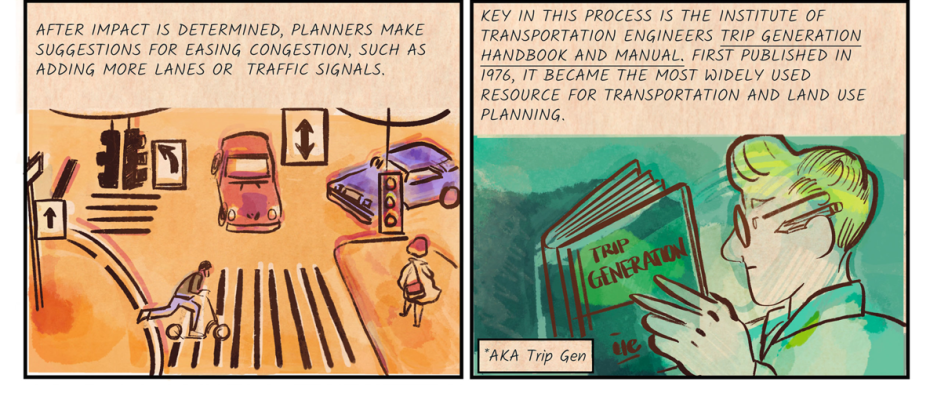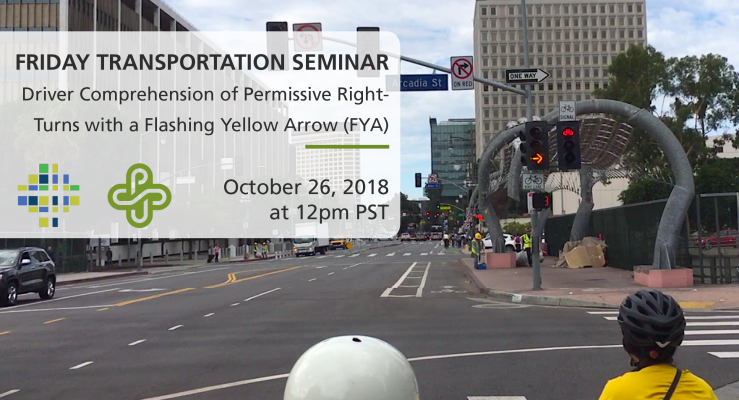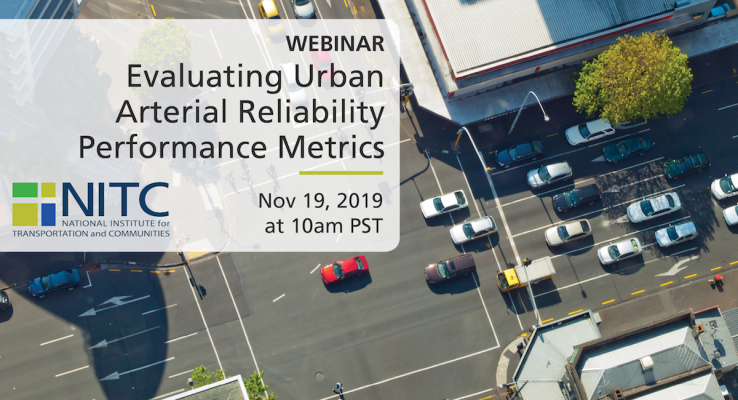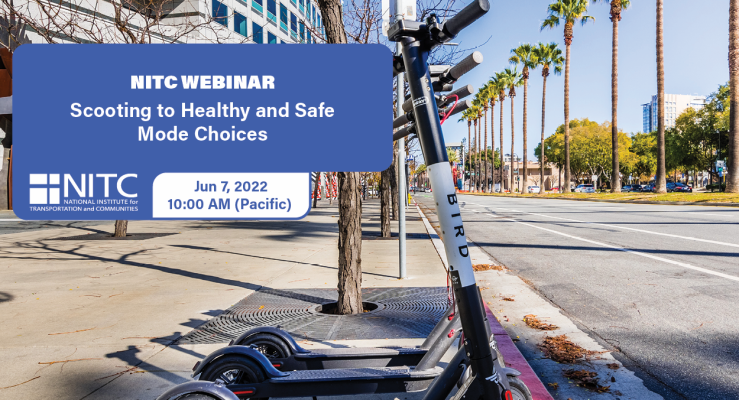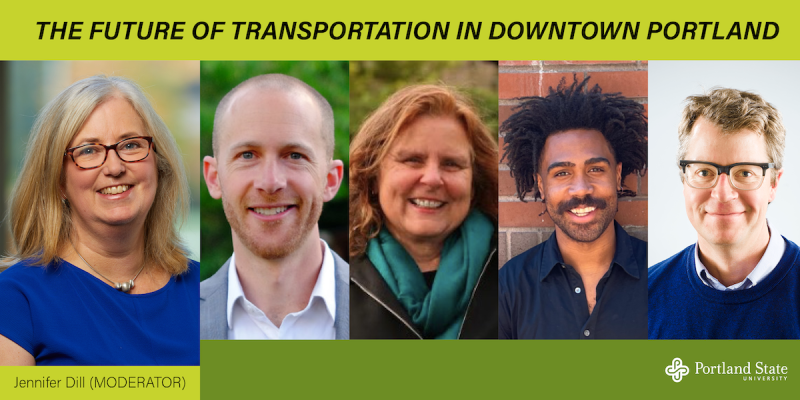Join us Monday, October 24, as TREC director Jennifer Dill moderates a panel on the Future of Transportation in Downtown Portland. Register to attend in person (space is limited), or join online via Zoom.
Moderator: Jennifer Dill, Professor, Toulan School of Urban Studies & Planning and Director of PSU’s Transportation Research and Education Center (TREC)
Panelists:
Gabriel Graff, Central City Capital Program Manager, Portland Bureau of Transportation
Cathy Tuttle, Board Member, BikeLoud PDX
André Lightsey-Walker, Policy Transformation Manager, The Street Trust
Mark Raggett, Associate Principal, GBD Architects and Director of Planning and Design, Friends of Green Loop
The year 2022 marked the 50th anniversary of the City of Portland's 1972 Downtown Plan, one of the most consequential plans in the city's history. It put in place a vision for a public, pedestrian-scaled, multipurpose, and vital downtown. Through the requirements adopted in the Downtown Plan and subsequent...
Read more

